Archives: Documents
-
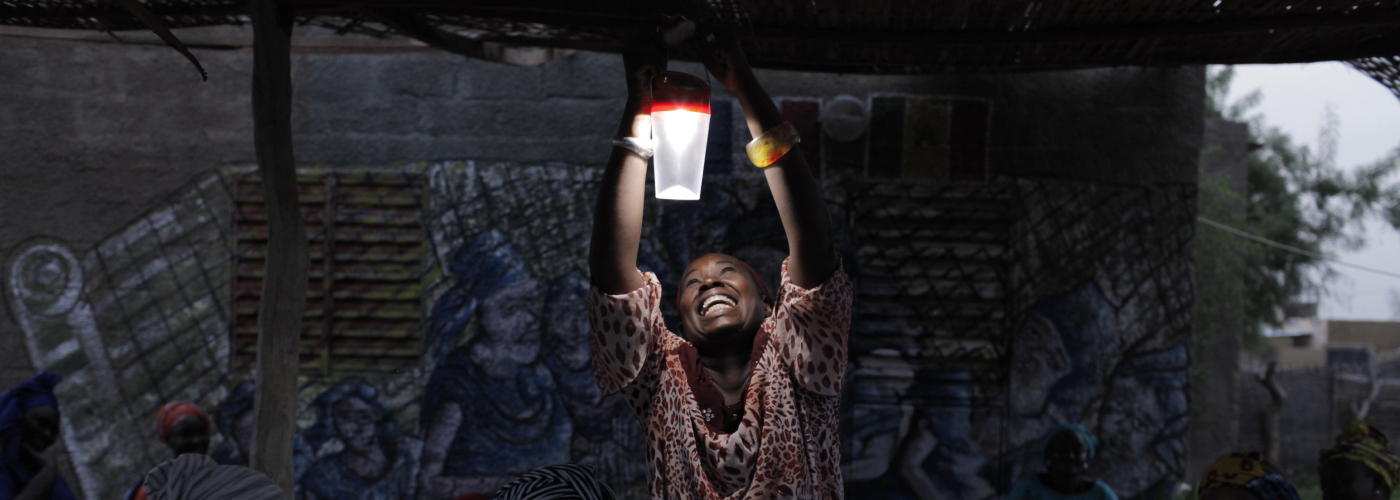
Supporting last-mile women energy entrepreneurs: What works and what does not
ENERGIA has been working on the intersection of energy access and women’s economic empowerment through its Women’s Economic Empowerment (WEE) programme. This document presents ENERGIA’s four-year journey to create and upscale women-centric energy enterprises that sell safe, reliable and affordable energy solutions to low-income consumers in underserved areas. It is a self-reflection, undertaken collectively by…
-
Unlocking the Benefits of Productive Uses of Energy for Women in Ghana, Tanzania and Myanmar
This research report provides empirical evidence from three case studies in Tanzania, Ghana and Myanmar to address the existing literature gap on gender and PUE. The focus is on electricity, because our target regions benefited from interventions to provide access to electricity, and in some cases to promote productive uses and gender mainstreaming. However, our…
-
Female microenterprise creation and business models for private sector distribution of low-cost off-grid LED lighting: Multiple Randomized Experiments
This research, which forms part of a greater research project, merges the above themes of energy, gender, and poverty. It studies how such inequalities can be overcome by bringing women to the forefront in the establishment of village level enterprises that distribute and recharge LED lights to rural poor households that are not on Rwanda’s…
-
Gender and fossil fuel subsidy reform: Findings from and recommendations for Bangladesh, India and Nigeria
The report looks at the impact of subsidies and reform to kerosene and liquefied petroleum gas (LPG) from a gender perspective across three countries (Bangladesh, India and Nigeria). The research was based around two overall research questions namely ‘How do existing kerosene and LPG subsidy policies affect the welfare, productivity and empowerment of women and…
-
Productive uses of energy and gender in the street food sector in Rwanda, Senegal and South Africa
This research is focussed on the gendered use of energy in the street food sector in Rwanda, Senegal and South Africa. We explore the links between use of modern energy services (MESs) and empowerment of men and women in the street food sector. Since the causality of clean and renewable energy development and gender equality…
-
Women’s empowerment and electricity access: How do grid and off-grid systems enhance or restrict gender equality?
-
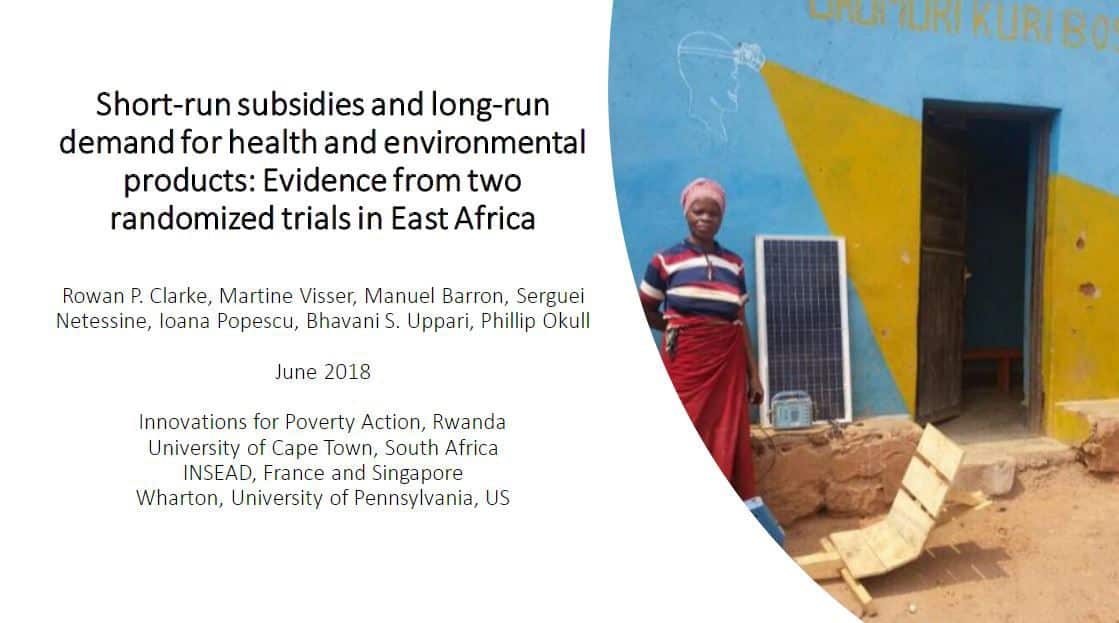
Short-run subsidies and long-run demand for health and environmental products: Evidence from two randomized trials in East Africa
-
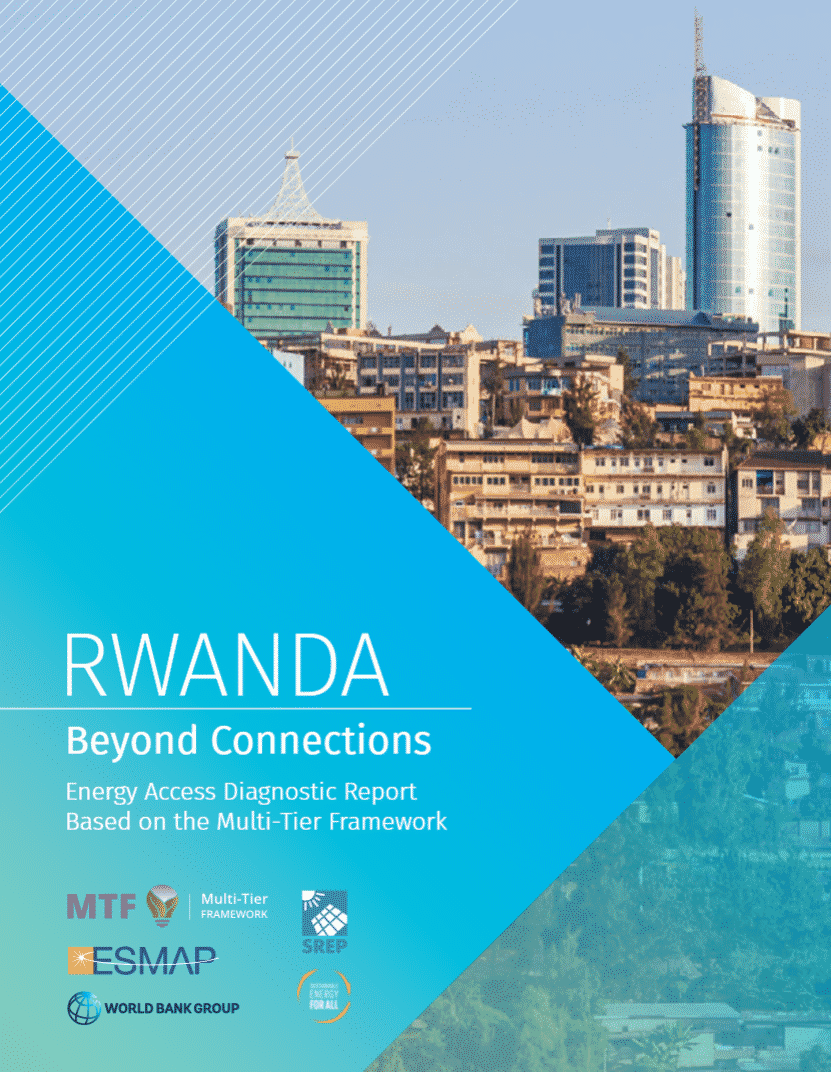
RWANDA: Beyond Connections: Energy Access Diagnostic Report Based on the Multi-Tier Framework
The MTF survey is a global baseline survey on household access to electricity and clean cooking, which goes beyond the binary approach to look at access as a spectrum of service levels experienced by households. Resources included are raw data, codebook, questionnaires, sampling strategy document, and country diagnostic report. Formats include zip file (which includes…
-
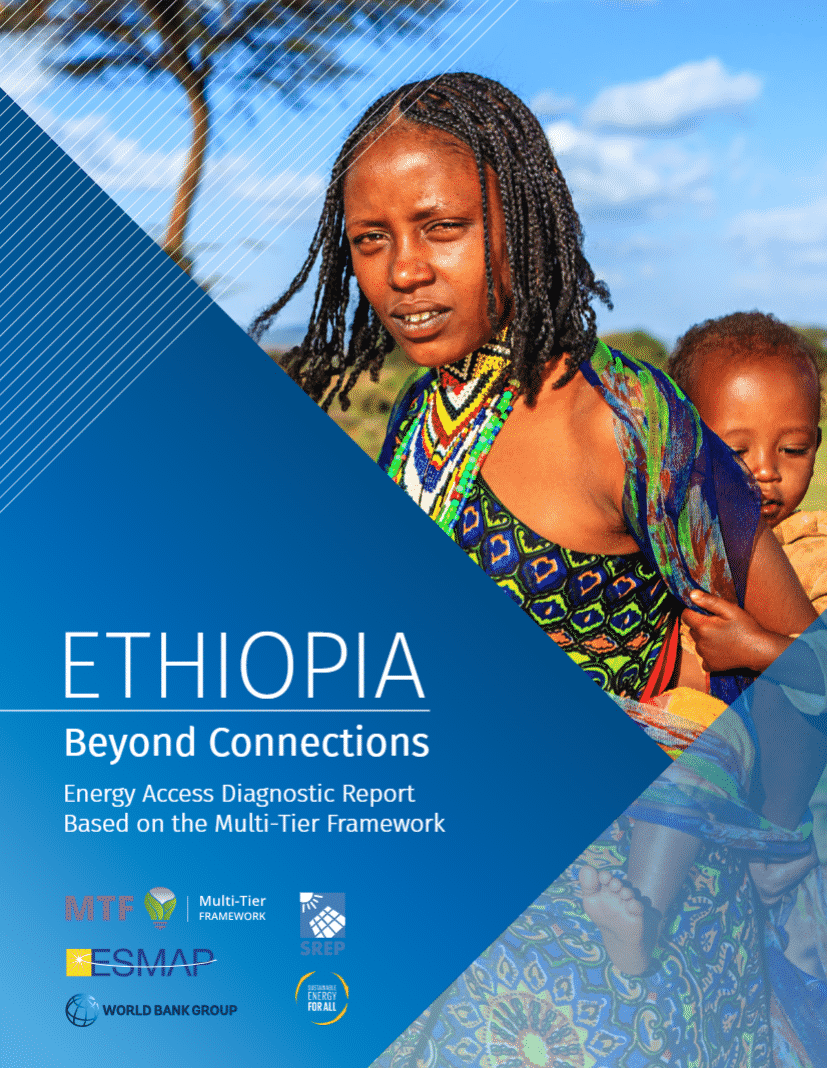
ETHIOPIA – Beyond Connections: Energy Access Diagnostic Report Based on the Multi-Tier Framework
The MTF survey is a global baseline survey on household access to electricity and clean cooking, which goes beyond the binary approach to look at access as a spectrum of service levels experienced by households. Resources included are raw data, codebook, questionnaires, sampling strategy document, and country diagnostic report. Formats include zip file (which includes…
-
Solar powered electricity access: Implications for women’s empowerment in rural Kenya
This paper examines the gendered implications of various types of electricity access in rural Kenya spanning from the central grid to solar-based systems such as community projects, village scale supply and private solar home systems (SHS). Drawing on material collected in Homa Bay and Kitui counties in 2016, the paper examines the gendered set-up, organisation…
-
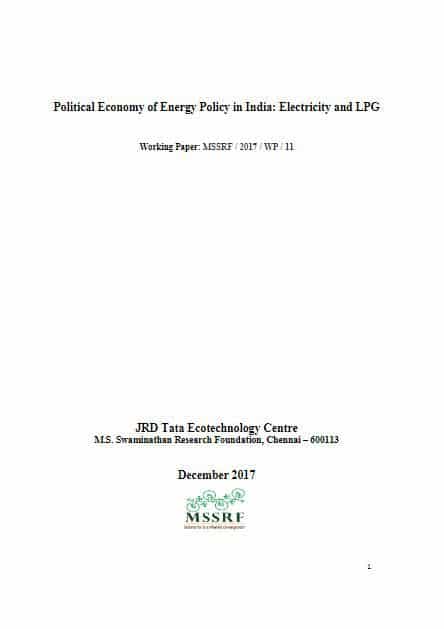
The Political Economy of Energy Policy in South Africa: From a Gender Agenda to a ClassProject
-
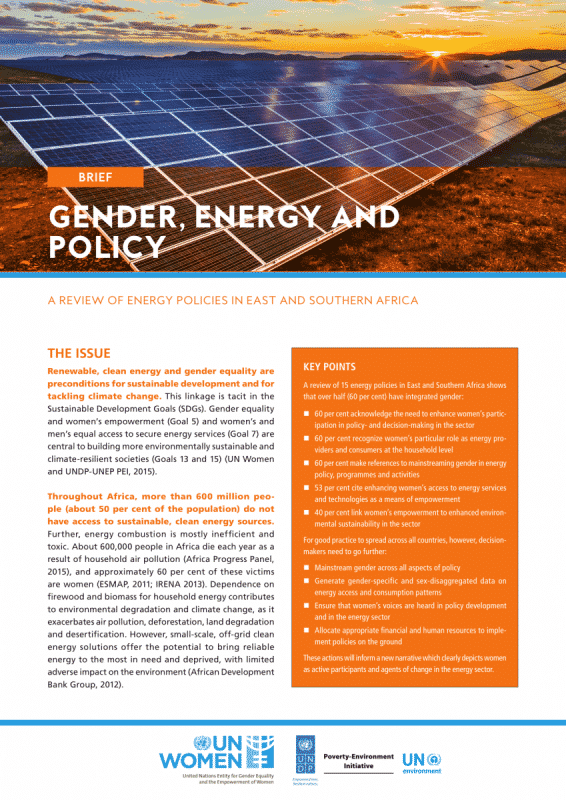
Gender, energy and policy – A review of energy policies in East and Southern Africa

